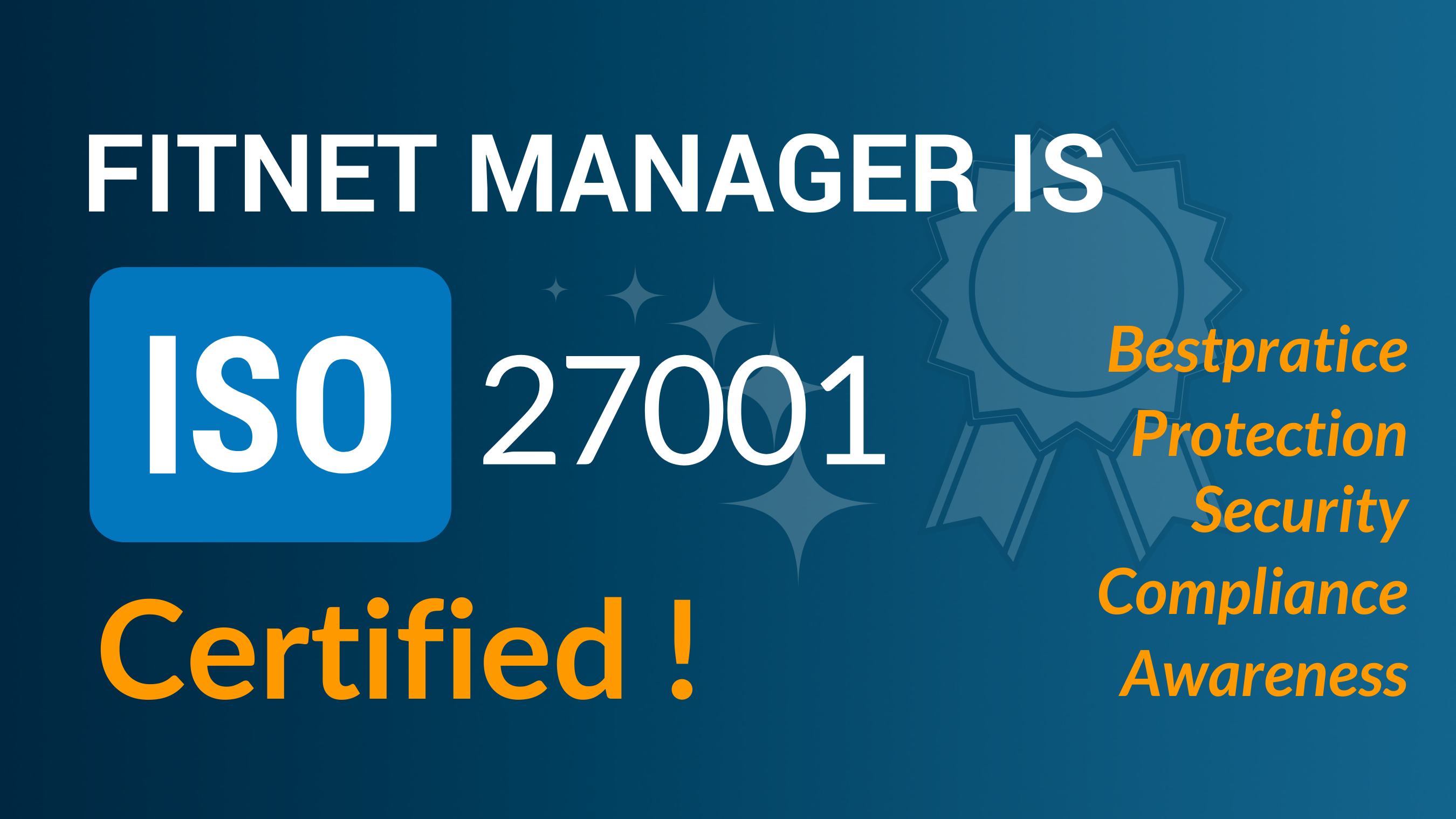ERP Implementation : The Power of Fear
“He that will not sail till all dangers are over must never put to sea” Thomas Fuller wrote. This maxim can easily be applied to the corporate world where risk taking is often required, not just for employees. Under their superhero costume, managers are often the first to be afraid, especially when launching a new project for their company. And for good reason, they fully engage their intuition and their own responsibility, so that all the consequences of a possible failure will inevitably be blamed on them.
Thus, as part of the deployment of ERP software, we understand that fear is a latent emotion among managers. But contrary to popular belief, fear can be positive, even stimulating.
Like any project, the implementation of ERP software is always accompanied by fear from the managers. But contrary to what we often think, fear can be positive, even stimulating.

Why Face The Fear Is Important
Implementing ERP software can be stressful: it involves a total reorganization of the company and a change in habits. The outcome is double-edged: if the manager is betting on revolutionizing the daily lives of all employees, he also takes the risk that his project is abandoned before the end because too cumbersome and too expensive.
It is obvious that what causes the too many aborted projects is the fear.
Imagine a realistic scenario: we bring together several leaders who want to implement ERP software within their company so that they can share their experiences and compare their processes respectively. As an introduction, we ask them to explain their ambitions and hopes for this project. We get the following answers: performance optimization, lower inventory costs, better planning, a more modern user experience… All are enthusiastic about the project! But as soon as we talk about their fears about the project, the atmosphere becomes more tense. The faces darken and they finally admit, almost reluctantly: lack of training on the solution, mixed commitment of employees, delay in the implementation schedule, slowdown of ongoing projects, negative impact on customer relationships and performance of society … Concerns that suddenly question the entire project.
If these fears are justified, they must not be a reason for abandonment but rather serve as a springboard. Managers must carry the implementation project and inspire trust, not show skepticism. Although it is not always easy to put words on your doubts and apprehensions, it is a necessary step of the project.
Understanding, formulating and assuming one’s sense of fear is proving to be a powerful driver – if one learns to tame it.
Fear: A Powerful Driver For The Success of The ERP Project
Fear can drive 2 types of reaction: paralysis or action. In the second case, it is important dealing with your fears proactively. The solution is neither repression nor denial: it is better to take the bull by the horns. These few examples show that by putting words on your fears, you can then substitute acts:
- Are you worried about missing resources on your ERP project? Plan a budget for additional resources if needed, for example external consultants to support project leaders.
- Do you fear a lack of enthusiasm and employee involvement in this new management system? Develop and implement a new management plan to support them in this change, i.e. by organizing group training sessions.
- Are you anxious that this project will be time-consuming and push you to neglect your current customers and projects? Do not hesitate to mobilize overtime during the testing phase to make sure this does not happen
The exercise is all the more beneficial as it will avoid, conversely, to take the implementation of the ERP too lightly. Managers must be involved in the project, and not just delegate to IT teams. After all, it is the administrative and financial managers, or the HR managers who must carry the project, since they will be administrators of the solution and will thus be responsible for training other users.
An ERP deployment is not without risk. However, a series of precautions such as careful planning, a methodical allocation of resources, or management involvement of all employees, can reduce the risk and reassure the most anxious. For this, we advise to always keep in mind that the best managers are indeed those who are not afraid to listen to… their fear!









